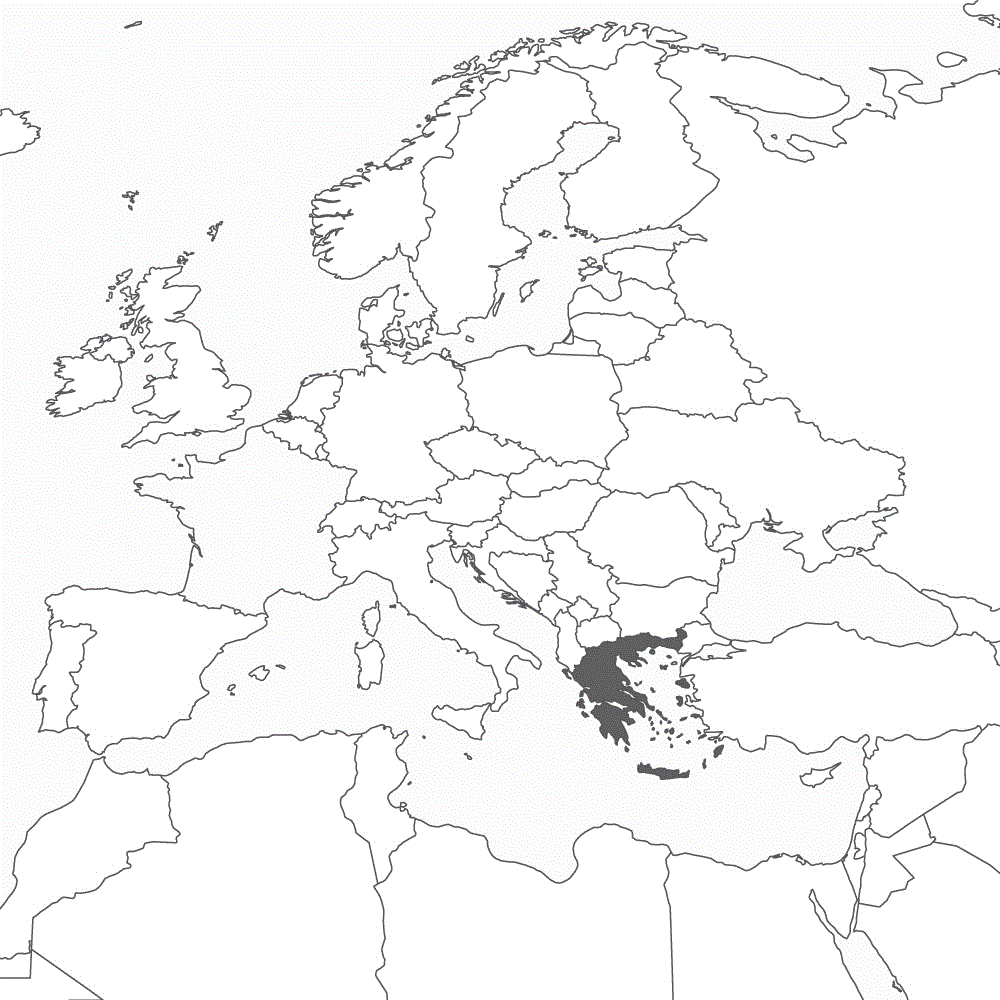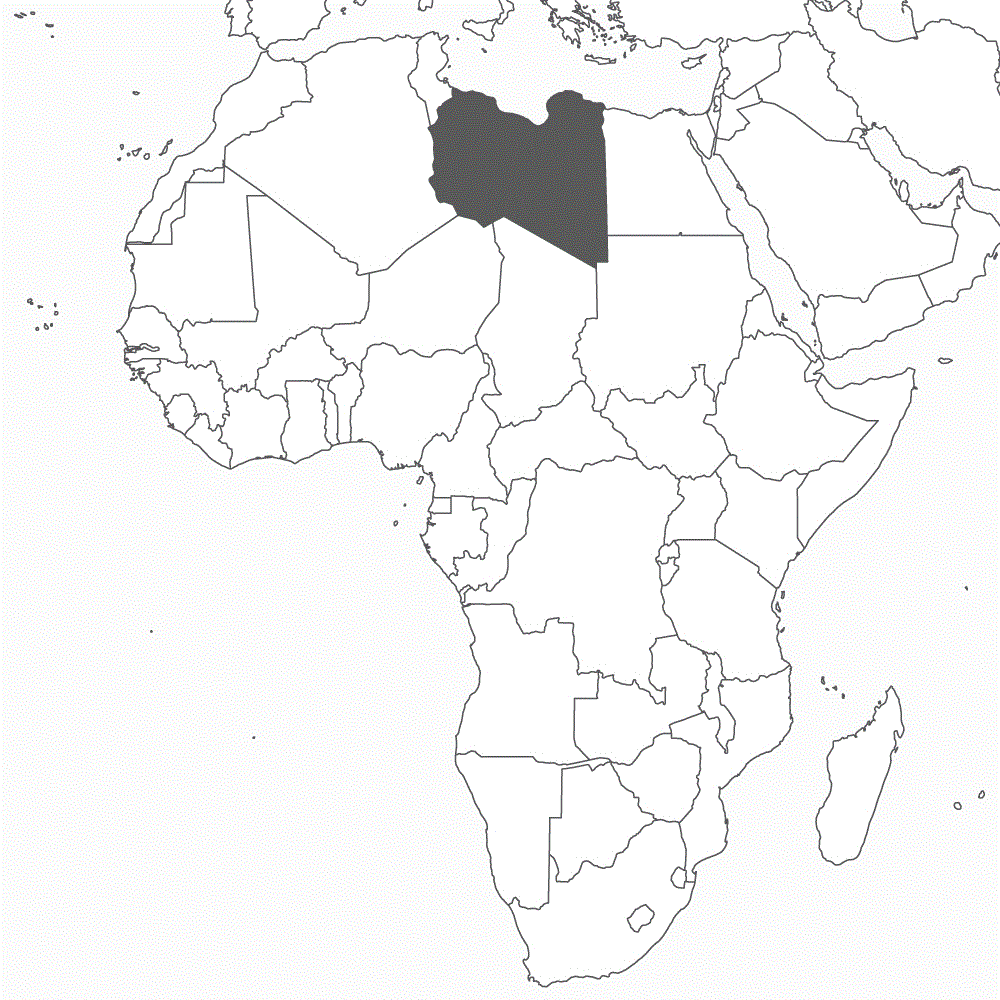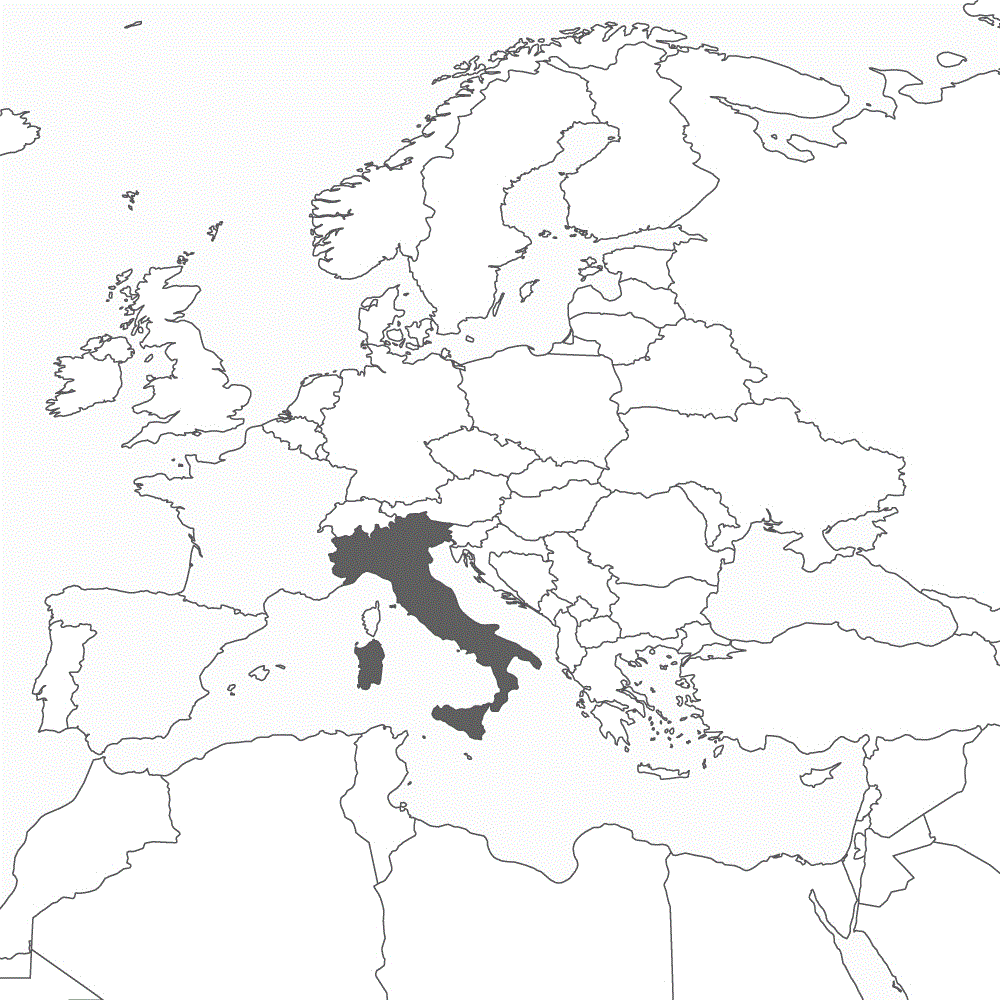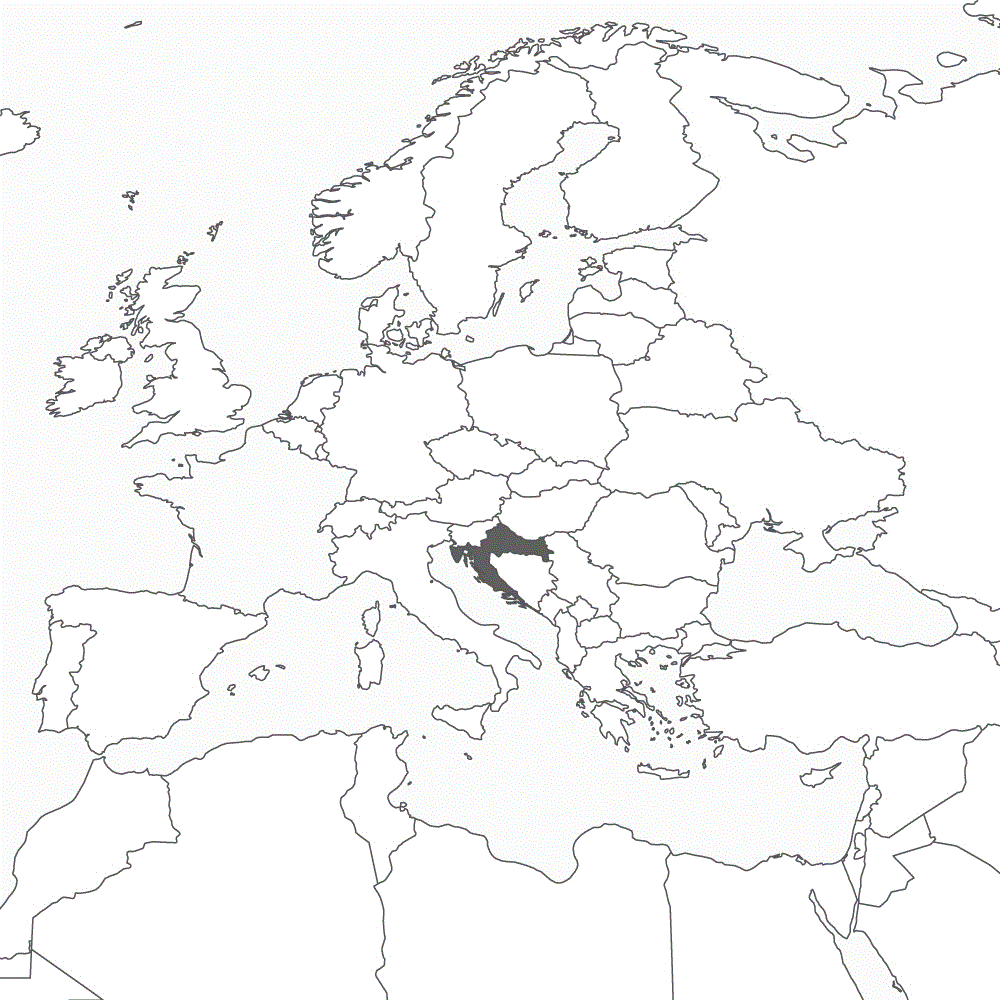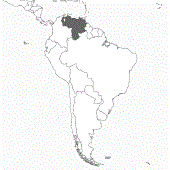ATHENS/BERLIN (Own report) - Just before Greece’s third crisis program expires, German economists are skeptical about the country’s future prospects and are calling for more deregulation measures. Athens did "not use the crisis as an opportunity," the German Institute for Economic Research (DIW) notes in its recent analysis. This is why the gross value added of Greek private businesses remains too low to reach a higher economic growth. The DIW regrets that when the crisis program ends, so will the "reform pressure." The German "reform pressure" on Greece has, in fact, ruined the country’s economy and increased public debt by 50 percent - to 180 percent of the GDP-, created mass unemployment and forced hundreds of thousands to emigrate in search for employment. In the end, even the IMF has rejected the German austerity policy, and US media note that Greece is stuck "in the worst collapse a rich country has ever gone through." Read more
TRIPOLI/BERLIN (Own report) - Sea rescuers, critical observers and experts are warning against the EU's plan to reinforce Libya's Coast Guard. Last weekend, sea rescuers announced they would file a lawsuit against the coast guard for allegedly leaving three people behind on the high seas in a disabled dinghy. A woman and a child died a miserable death. Already in June, the United Nations had imposed sanctions on several of the EU's Libyan cooperation partners - including the coast guard commander in Zawiya, the leader of a militia, accused of using firearms to sink migrant boats. Experts warn that by transforming civil war militias into coast guard units rather than disarming them, the EU is actually rewarding the armed militias and undermining the officially aspired reconstruction of the Libyan state. In the meantime, initial signs of opposition to the brutal repulsion of refugees are appearing within Italy's Coast Guard: Officers were refusing to follow orders and are voicing their criticism publicly. Read more
ROME/BERLIN/BRUSSELS (Own report) - The dispute in the EU over the economic policy of Italy's new right-wing government is becoming more acute in the context of the looming economic upheavals throughout Europe. After Italian bankers warned Rome to continue with the austerity policy applied over the past few years, Italy's new European Affairs Minister, Paolo Savona, called for a €50 billion-investment program. Prior to this demand, he publicly raised the possibility of Italy abandoning the euro. If Italy should exit the common currency, Berlin would have to expect huge losses and presumably write off €120 billion in the Target2 clearing system. In view of this, Germany's Finance Minister, Olaf Scholz, recently called the euro "irreversible." Considerable risks are not only looming because of Italy’s precarious situation, but also because of the escalating trade conflicts endangering exports - the very foundation of the German economic model. Read more
ROME/BERLIN (Own report) - With EU backing, the Italian government's rampage of refusing to accept refugees is continuing. Over the weekend, Rome again closed its ports to one of its government's ships and a ship from EU authorities, because they were carrying refugees, who had been in distress at sea. Italy's Minister of the Interior, Matteo Salvini, refuses to accept the refugees and threatens to deport them to Libya. In so doing, Italy is simultaneously violating several fundamental norms of international law. Berlin and the EU are not protesting. On the contrary, several EU countries are supporting Rome in its measures against private maritime rescuers - which, in the meantime, have had to shut down their operations. Rome is also receiving support from Germany. An influential weekly is setting the social democratic oriented milieus into the right mood to refuse solidarity with the maritime rescuers. In June, the number of victims had skyrocketed, fueled by the fact that the sea rescuers are no longer in a position to save drowning refugees. Read more
ZAGREB/BERLIN (Own report) - The Croatian nationalism, currently causing an uproar at the FIFA World Cup has been supported by the German government for decades. During the World Cup, members of the Croatian national team also sang a song with well-known fascist lyrics - originally a song from a singer glorifying Ustaša fascism and praising the mass murder of Serbs in World War II. Virulent nationalism has been prevailing for years throughout the Croatian society. The European Commission against Racism and Intolerance (ECRI) recently confirmed that fascist tendencies are gaining strength in that country. Following World War II, old Ustaša structures had been able to hibernate in the Federal Republic of Germany. Bonn also had supported the growing Croatian separatism in the 1970s and established links to the exile Croatian nationalist groups. In the early 1990s, Germany promoted Croatia's secession - and thus its nationalism - for geostrategic reasons. Read more
BERLIN/BRUSSELS (Own report) - In the run-up to this week's NATO summit, the debate on the German military budget's massive increase is continuing. Following the government's decision to increase next year's military budget by more than 10 percent to €42.9 billion, Defense Minister Ursula von der Leyen is suggesting the possibility of a further increase to around €60 billion by 2024. While the German government is acting as if this increase is in compliance with US demands, these funds are actually needed to be able to finance the expensive national and European arms buildup projects, which include billions for a German-French jet fighter operating in concert with killer drones and drone swarms. Major projects up for confirmation at this NATO summit are also designed to enhance Germany's national and European combat capabilities, including the establishment of a headquarters in Ulm to optimize troop transports. Berlin intends to fulfill the Bundeswehr's training mission in Iraq not as a NATO component, but as a national mission. Read more
CARACAS/BERLIN (Own report) - Serious allegations are being raised against a partner cooperating with Germany’s Friedrich Naumann Foundation (FDP) in the context of an attempted putsch: The US Bloomberg news agency has reported that opposition officers had planned to storm the presidential palace in Caracas, capture President Nicolás Maduro and stop the May 20 presidential elections. The conspiracy was discovered and several putschists were arrested in mid-May. According to Venezuela's military prosecutor’s investigations, an opposition politician María Corina Machado was involved in the attempted coup. Machado, who is said to be very popular within the military, denies the allegations. She is the leader of the "Vente Venezuela" party, which joined the "RELIAL" network last fall. The network was initiated and is backed by the Friedrich Naumann Foundation (FDP) and includes several parties who, in the past, have overthrown or attempted to overthrow democratically elected governments, for example in Honduras (2009) and in Paraguay (2012). Read more
BERLIN (Own report) - The German Bundeswehr is drastically expanding its training activities directed against Russia, in preparation to take command of NATO´s "spearhead" force next year and its participation in NATO's major "Trident Juncture" exercises at the end of this year. The German army's 9th Armored Demonstration Brigade stationed in Munster (Lower-Saxony) forms the core of the 8,000-strong "Very High Readiness Joint Task Force" (VJTF), NATO's "spearhead" unit. Combat in civilian settings is obviously one of its major tasks. Just recently, the Brigade was awarded a "top grade" as a NATO combat unit - after demonstrating its house-to-house-combat capabilities. Already last April, sections of the Brigade had participated in an exercise with command posts set up not on a combat training ground but on regularly run farms. "Camouflaged armored personnel carriers" were standing "alongside tractors and other agricultural machines," the Bundeswehr noted - "at close range" to the civilian population. Read more
GERMAN-FOREIGN-POLICY.com
Information on German Foreign Policy: News + Interviews + Analyses + Background
